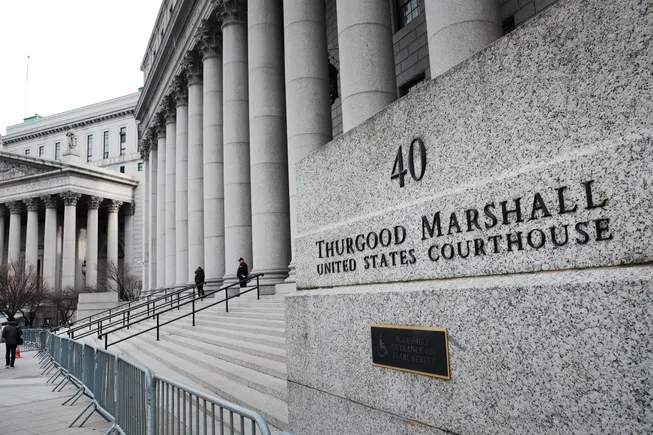Dive Brief:
- Even if employees with a disability don’t need a reasonable accommodation to perform their job’s essential functions, they may still be entitled to one under the Americans with Disabilities Act, the 2nd U.S. Circuit Court of Appeals held March 25 (Tudor v. Whitehall Central School District).
- A high school math teacher in New York sued her school district under the ADA for failing to accommodate her post-traumatic stress disorder, according to court documents. She claimed the school district refused to guarantee her a 15-minute break every afternoon during the 2019-2020 school year. She said she used the breaks to compose herself away from the workplace, which tended to trigger her symptoms.
- The teacher acknowledged that even without the breaks, she could perform her job’s essential functions, albeit “under great duress and harm.” On that basis, the district court found she had no failure-to-accommodate claim and granted summary judgment against her. The 2nd Circuit vacated the ruling and sent the case back for reconsideration.
Dive Insight:
Prohibited discrimination under the ADA includes, absent undue hardship to the employer, “not making reasonable accommodations to the known physical or mental limitations of an otherwise qualified individual with a disability,” the 2nd Circuit explained, quoting the statute.
In turn, the ADA defines a “qualified individual” as “an individual who, with or without reasonable accommodation, can perform the essential functions” of their job, the appeals court pointed out.
The district court, relying on this wording, incorrectly inferred that an employee who can perform the job’s essential functions without an accommodation does not, as a matter of law, have a claim for failure to accommodate, the panel said.
But “a straightforward reading of the ADA confirms that an employee may qualify for a reasonable accommodation even if she can perform the essential functions of her job” without an accommodation, the 2nd Circuit emphasized.
In other words, “accommodations that are not strictly necessary for an employee’s performance of essential functions may still be reasonable and therefore required by the ADA,” the court held.
The 2nd Circuit, which covers Connecticut, New York and Vermont, noted that most of the other federal circuit courts of appeal have made similar rulings.
Relevant to the teacher’s case, the ADA defines reasonable accommodation to include job restructuring or modifying an employee’s schedule, the 2nd Circuit said. A modified schedule may involve adjusting arrival or departure times or providing periodic breaks, according to a U.S. Equal Employment Opportunity Commission guidance.
For instance, the EEOC announced last week that a construction supply company agreed to pay $150,000 to settle allegations it failed to provide a diabetic worker with requested snack breaks throughout the day to regulate his blood sugar.
Reasonable accommodations also include allowing an employee to use accrued paid leave and providing unpaid leave, the EEOC guidance states.
However, the “reasonableness” of a requested accommodation is a fact-specific question, the 2nd Circuit explained.
On remand, the school district might demonstrate that the teacher’s request for a break while assigned to afternoon study hall was unreasonable and imposed an undue hardship, the court pointed out.
At the same time, the teacher’s long history of receiving her requested accommodation and the school district’s evolving policies indicated that her request may have been reasonable, notwithstanding that she performed her essential functions without it, the 2nd Circuit noted.
Court documents reflected that in 2008, the teacher sought and received permission to take one 15-minute break during each of her morning and afternoon “prep periods,” when she wasn’t responsible for overseeing students.
In 2016, the school district indicated she needed to submit additional documentation to support her request. Rather than doing so, the teacher took paid sick leave and then leave under the Family and Medical Leave Act, according to court records.
When she returned from FMLA leave in 2017, and throughout the 2018-2019 school year, she was allowed to take a morning and afternoon break when a school librarian could watch the students.
At issue here were the afternoon breaks the following year that she wasn’t guaranteed (but took anyway) when the librarian or another employee wasn’t to cover for her, court records reflected.






Leave a Reply